I would like to start this post off by saying that this blog’s purpose is not to discuss politics and I usually leave my political views out of posts. However, I don’t think book banning should be a political issue to begin with. And yet, it’s become one. In many places around the United States, book banning and censorship have been a popular topic of conversation.
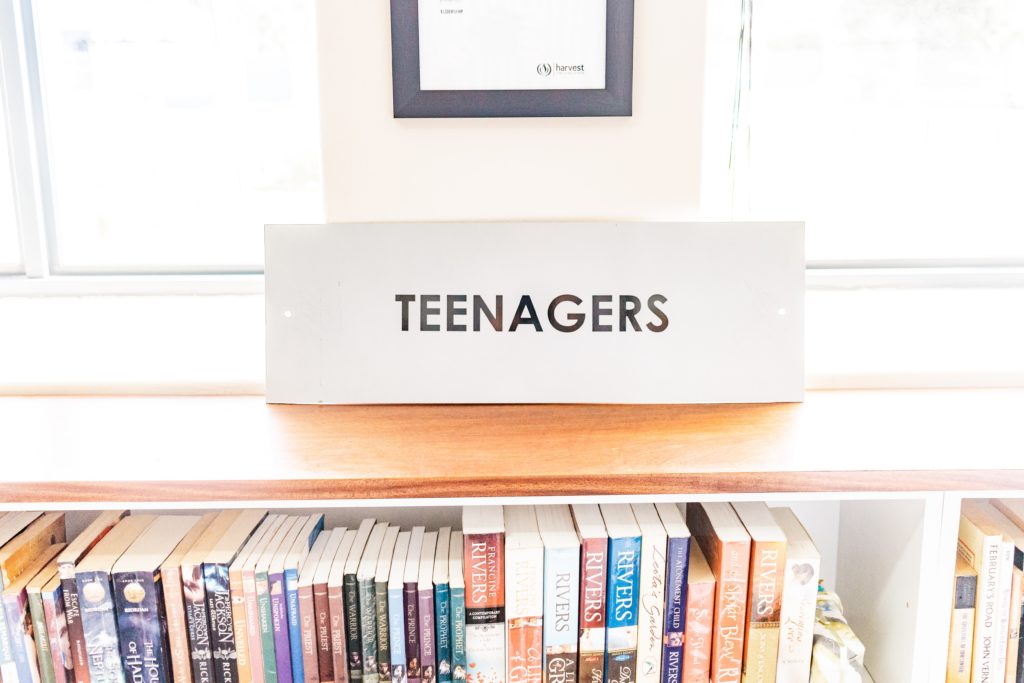
In Iowa, where I live, many books have been banned from school libraries recently, including books that were previously a part of my school’s curriculum like The Glass Castle by Jeannette Walls, The Kite Runner by Khaled Hosseini, and The Color Purple by Alice Walker. I find this really frustrating, so I decided to use this post to share with you why I think book bans are ultimately harmful. Teenagers have the least say in book bans as most of us can’t yet vote or be a part of councils/boards, yet they affect us most directly.
Teens Are Old Enough to Make Their Own Decisions
In two years, I will be expected to choose the career path I will follow for the rest of my life. Right now, I can drive a car, be tried as an adult, and get married in over 20 states. How can I be trusted to make potentially life-altering decisions, but I can’t pick out my own library book? As we grow up, we are trusted to make these big decisions. So shouldn’t we at least be entrusted with small ones first? People wonder why my generation is “snowflakes” and rely so heavily on our parents. Perhaps it’s because our parents continue to control so many aspects of our lives.

I’m not saying that teenagers should be able to do whatever we want. I’m simply asking that we be trusted with the task of picking a book to read. If a parent seriously doesn’t think their child is mature enough to do that on their own, then this is something they should discuss and handle on their own. If a parent really feels like they need to set restrictions on what their teen is reading, it’s honestly none of my business. Meaning it shouldn’t affect all of the other students in the school.
Representation Matters
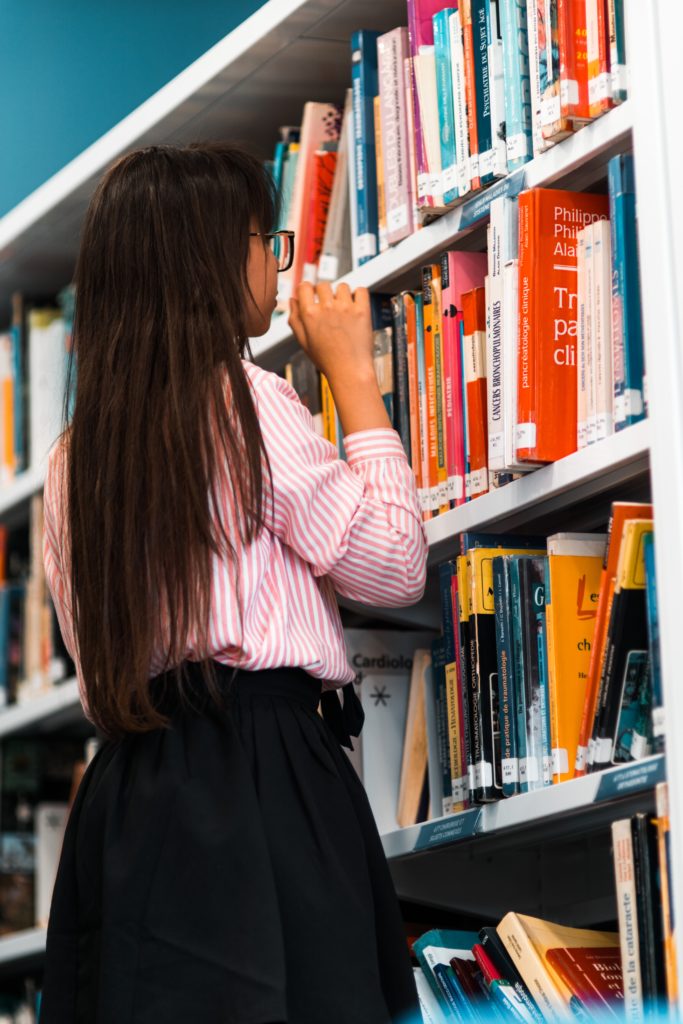
According to The Harvard Gazette, “Nearly half — 45.5 percent — of 2,571 unique titles challenged [in the 2022 fall semester] were written by or about LGBTQ people.” A large percentage of banned books also discuss race, racism, or feature characters of color. Representation in literature is vital and can be very beneficial to mental health, especially during the teenage years when we are discovering so much about ourselves and our identities.
Let’s take an example that has nothing to do with identity or race. The Glass Castle by Jeannette Walls, which I mentioned before is a commonly banned book due to being “sexually explicit”. The Glass Castle is a memoir and the scenes that are “sexually explicit” are instances when Jeannette Walls was assaulted. These events all took place when she was a minor, so how is it fair to say that her experiences are not appropriate for a minor to read about? Yes, what happened to her is horrible and disgusting, but it’s also something that still happens today.
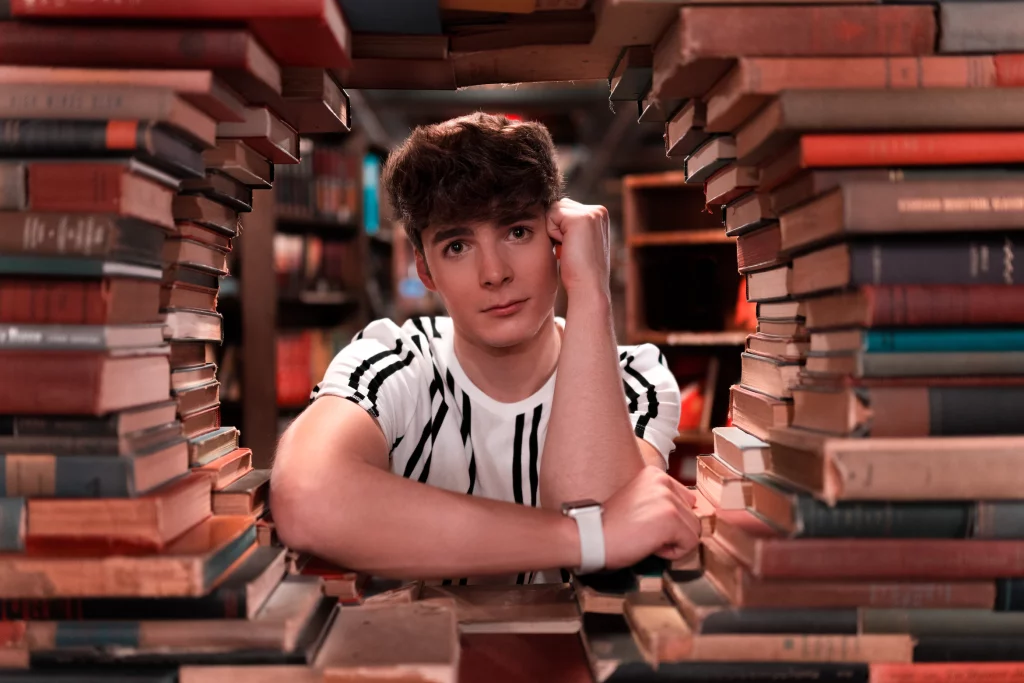
Banning The Glass Castle sends a message to sexual assault survivors that they should be ashamed and that what happened to them is their fault. Similarly, banning books that center around LGBTQ+ individuals signifies to queer people that their identities are disgusting and shameful. It should go without saying that neither of these statements are even close to the truth. Banning books, no matter the intention, silences authors and limits students access to books they can relate or see themselves in.
I hope this post helped to shine a light on the negative impacts of book bans on teens. It’s a topic I’m very passionate about. As always, I hope this post finds you well and you’re having a great day!

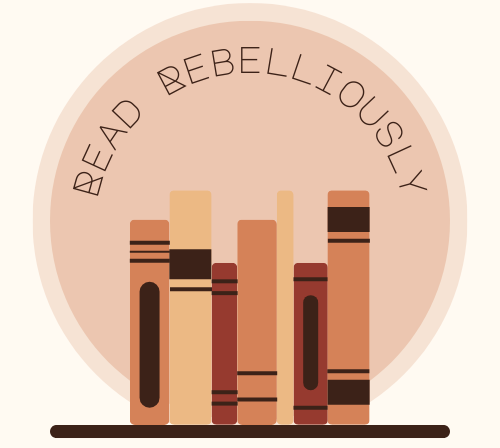
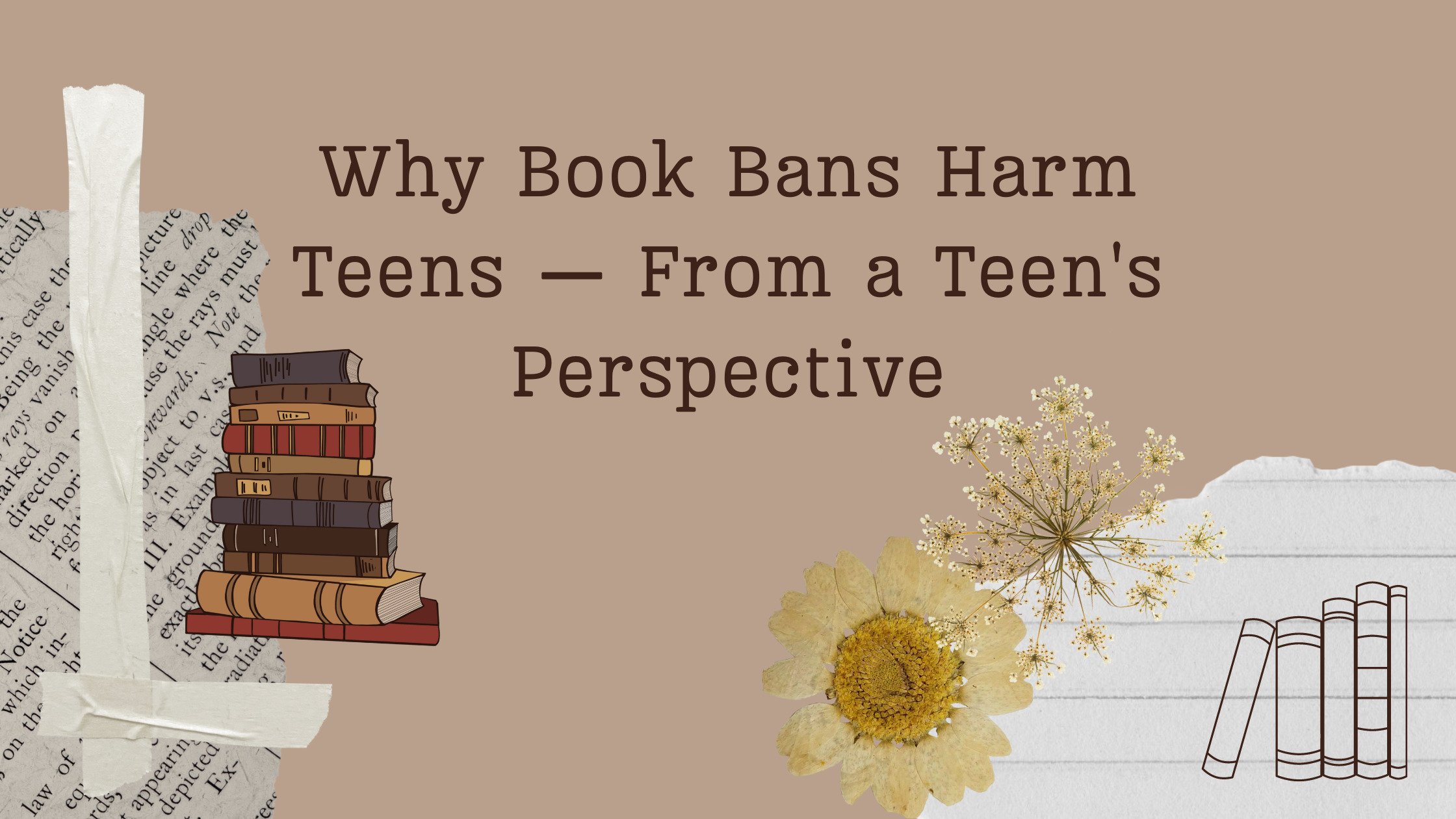
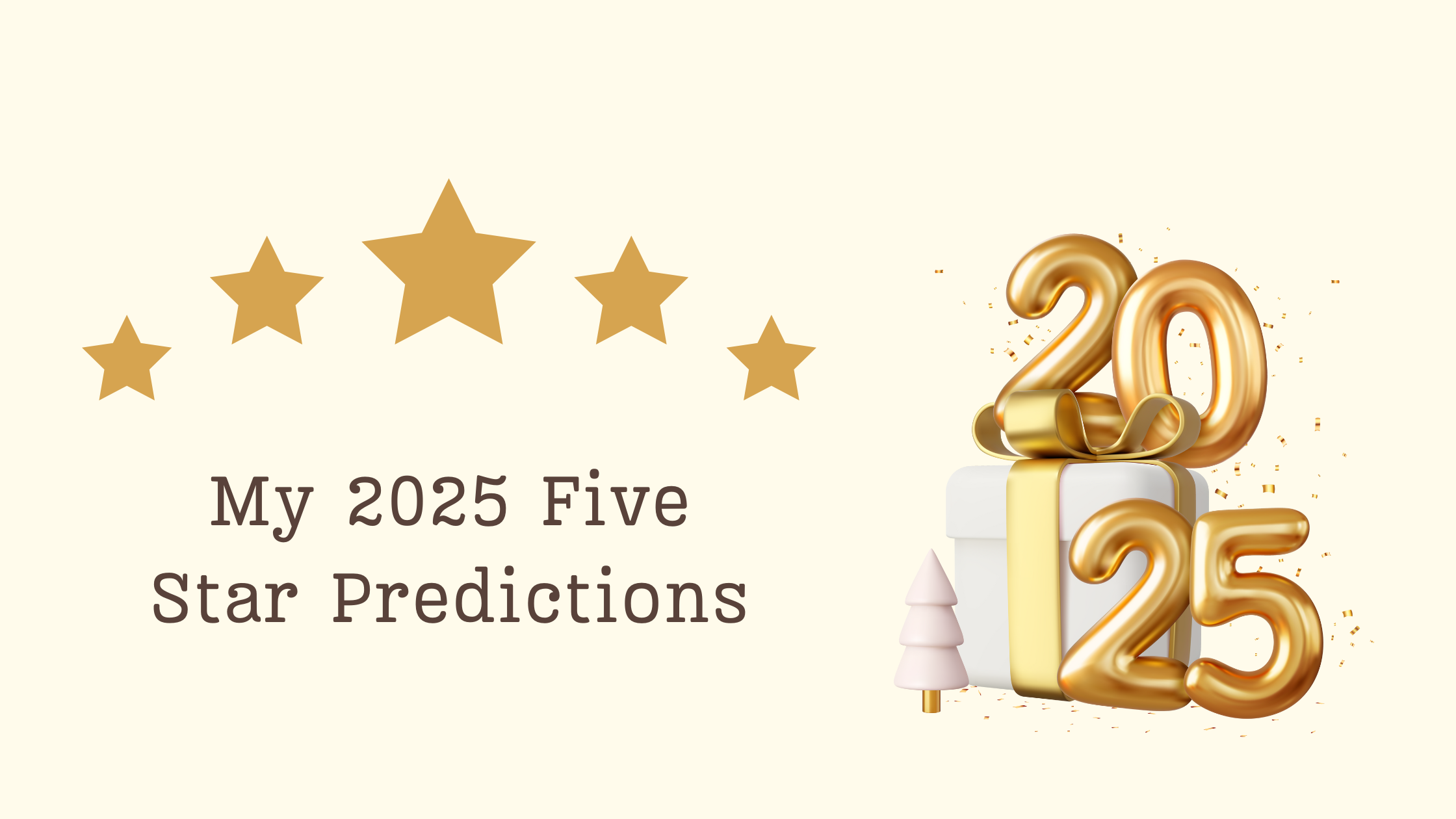

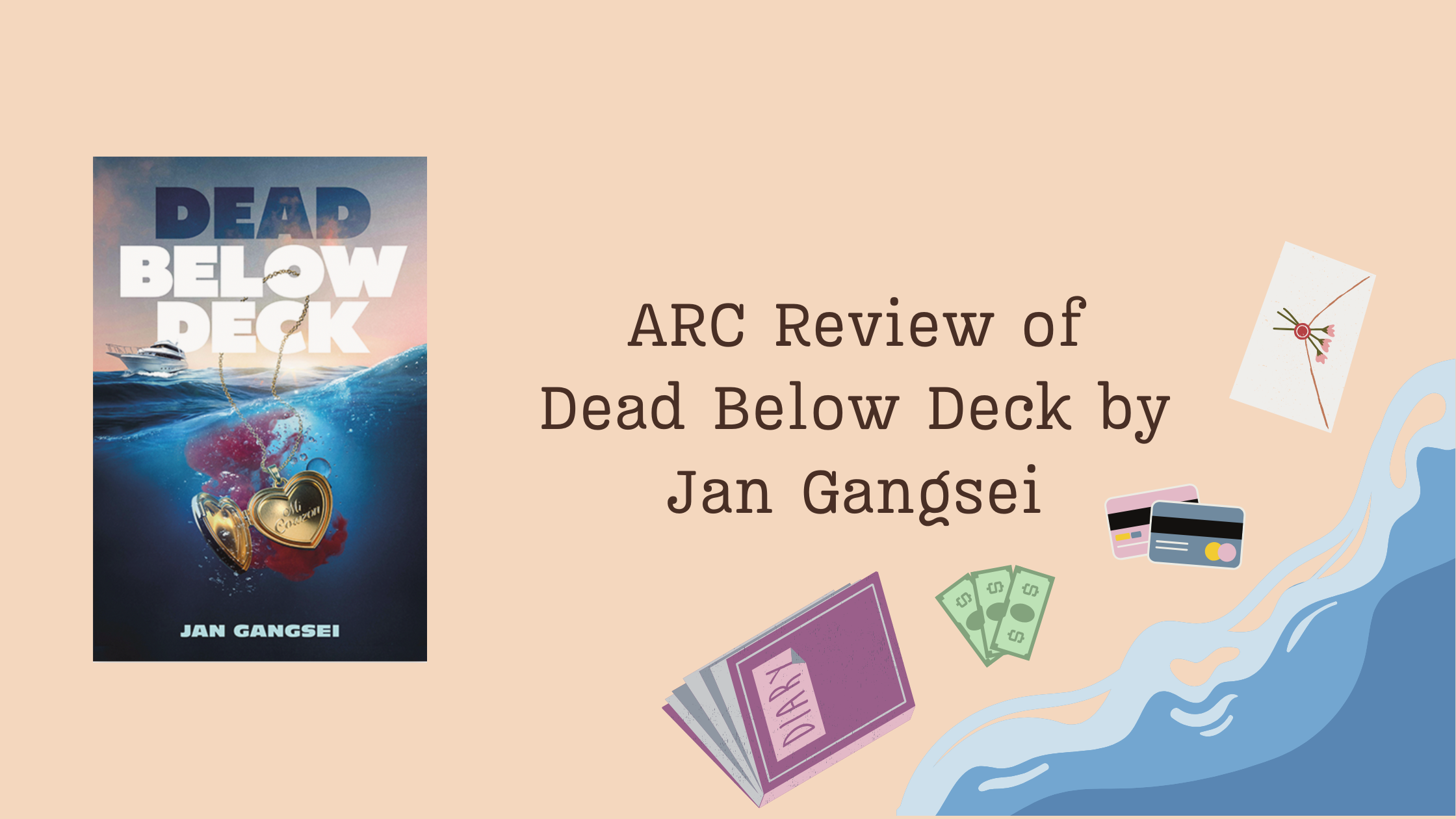
I agree 100%!